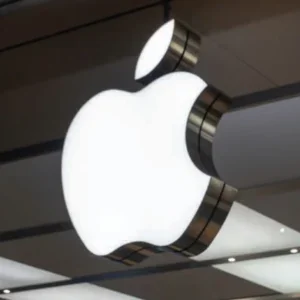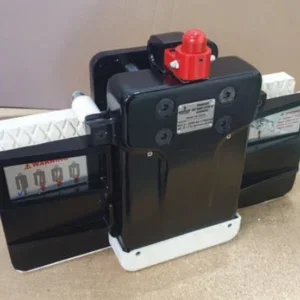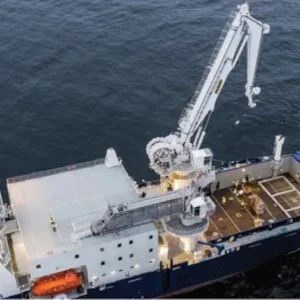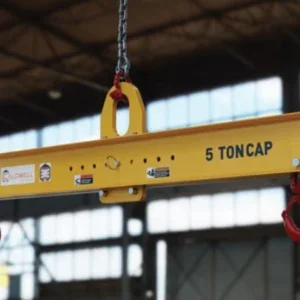To improve supply chain efficiency, under the MOU the port will share best practices related to its Port Optimizer digital community system. Created in 2017, the Port Optimizer was the first port community system and single portal digital platform in the US focused on enhancing supply chain performance through real-time, datadriven insights for cargo planning, forecasting and tracking.
Port executive director Gene Seroka and Jetro Los Angeles chief executive director Osamu Taki signed the agreement at a ceremony at the Japan Consulate General Residence in Los Angeles. Japan Consulate officials, representatives from LA mayor Eric Garcetti’s office and several Japanese company executives were also present.
“Working together, Los Angeles and Jetro can show the world that we have the power to make sustainable and inclusive progress on goods movement,” said Garcetti. “Today’s agreement is rooted in our shared goals: to bring our businesses and ports closer together, and to collaborate around sustainable ways to optimise our supply chains.”
“This agreement is built upon the goodwill and trust Japan and Los Angeles have achieved through our collaboration over many years, in many areas,” said Japan consul general Kenko Sone. “This is how ambitious initiatives actually get done at the working level on the field. Implementing new ideas, proving them to be viable, and bringing in the support to make it all happen. This is at the heart of the MOU.”
Seroka said the Port of Los Angeles and Japan share a long history of cooperation and mutual respect dating back more than 60 years, and the agreement will allow the port to further advance innovation and cooperation around supply chain optimisation and sustainable technologies, as well as build stronger relationships with the government of Japan, its ports and also Japanese companies.
“The Port of Los Angeles and Jetro Los Angeles have cooperated in the past, both formally and informally, on issues ranging from global market competitiveness, operational efficiencies and environmental sustainability,” added Taki.
“Through supporting a diverse group of Japanese companies with their emerging new technologies, and sharing best practices and information, we continue our collaborative approach to achieve mutually beneficial goals.
“The MOU calls on the Port of Los Angeles and Jetro Los Angeles to work closely on strategies related to environmental sustainability, including collaboration and best practice sharing on zero-emission vehicle and equipment testing and deployment; use of alternative energy sources; and cooperation on other emerging terminal, ship and truck environmental initiatives.
“Jetro Los Angeles has also agreed to facilitate introductions to Japanese companies for the port to potentially enlist their expertise and help on environmental and zero emission initiatives.”
The Jetro Los Angeles MOU marks the latest cooperative agreement signed by the Port of Los Angeles. In the past several years, the port has entered into cooperative global agreements with the Nagoya Port Authority, Japan; Indonesia Port Cooperation; Copenhagen Malmö Port; Port of Shanghai, China; and the Port of Singapore.






